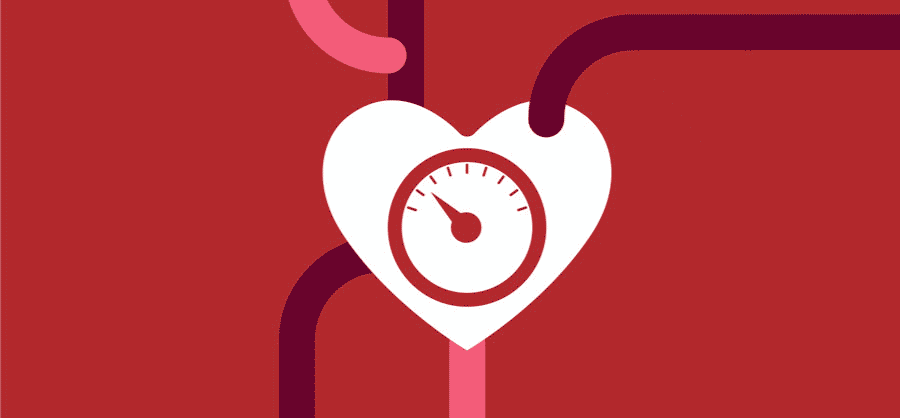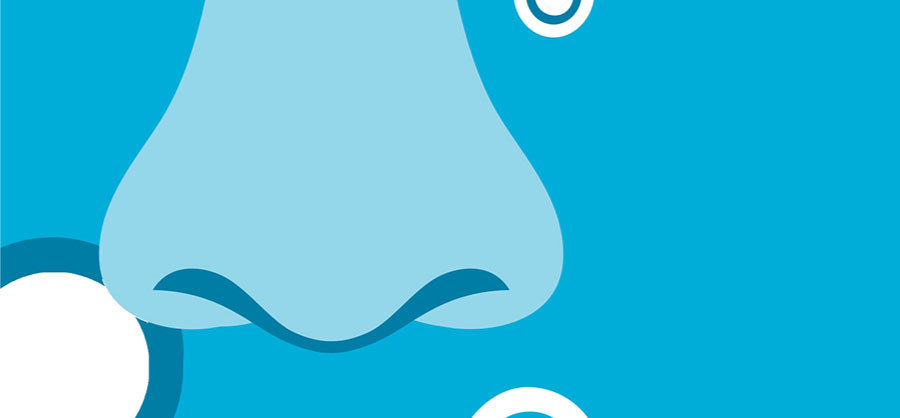
The Healing Power of Kindness
Kindness is purposeful, voluntary action undertaken with sensitivity to the needs or desires of another person and actively directed toward fostering their well-being. Science shows that delivering health care with kindness leads to faster healing, reduced pain, increased immune function, lowered blood pressure, and decreased anxiety. Continue reading to learn more about how kindness affects patients.

Patients who feel supported feel less pain.
Studies dating back four decades 27 show that physicians who discuss procedures with patients and reassure them about normal pain after procedures help reduce the pain that is reported and the amount of pain medication requested. A recent study validates that when physicians listen and patients feel heard, patients experience relief from lower back pain and feel better about their care.7 In a randomized controlled trial of patients with irritable bowel syndrome, patients who were treated by practitioners who were warm, listened actively, and expressed compassion for their condition experienced less pain, less severe symptoms and greater health improvement than other patients in the study.28 Similar results of feeling heard and supported have been found to relieve pain for patients with headaches 17, 29 and a variety of other painful conditions, 12 leading to a general conclusion that better communication and listening have a positive influence on controlling pain.17

Human connection decreases blood pressure.
Compassionate care helps us feel seen and validated by another, and this human connection registers in our autonomic nervous system, lowering blood pressure and supporting us physiologically as well as psychologically.18, 19, 20 Human connection often generates positive emotion, which lowers blood pressure and calms cardiovascular reactivity.19 Research is showing new ways that our bodies and minds are connected, demonstrating that when a compassionate partner observes someone in distress, the compassionate partner's blood pressure rises as well,20, 21 and likewise calm reassurance or encouragement from a compassionate caregiver lowers blood pressure and calms us down. 22, 23 A warm touch from a loved or trusted partner increases hormones that respond to human connection and decreases blood pressure. 24, 25 The Joint National Committee on Prevention, Detection, Evaluation, and Treatment of High Blood Pressure concludes that trust for caregivers and empathy from caregivers are important aspects of treatment as well as providing motivation to continue on treatment plans over time.26

When doctors listen, patients heal faster.
Better communication between doctors and patients involves active listening and responding with empathy, which helps patients feel heard and valued, allows for better conversations about treatment options, and helps patients become more involved in decisions about their care. 7, 8, 9, 10 When doctors listen, especially with empathy for patients' feelings and needs, patients offer more information to help with better diagnosis and treatment that speeds healing. 11, 12 When patients experiencing irritable bowel syndrome were given a more supportive relationship with a doctor who listened, almost all of them experienced improvement in their symptoms, regardless of other conditions.13 Even trauma patients who feel heard by their surgeons during a hospital stay heal faster.14 When doctors listen, patients feel less stress, which leads to lower cortisol levels and faster healing of wounds.15, 16 Across a summary of 21 different studies, covering patients reporting a wide variety of symptoms, evidence shows that doctors who listen with empathy contribute to better physical and emotional health of their patients.17

Respectful care boosts your immune system.
According to the American Academy of Family Physicians, 1 upper respiratory infection is the most common diagnosis in U.S. emergency departments and the second most common diagnosis in physician offices. The common cold is caused by various respiratory viruses, most commonly a rhinovirus. A number of studies dating back to 2009 have demonstrated that when patients score doctors higher on a measure of relational care that includes an assessment of listening, empathy, understanding, and compassion, these patients experience shorter duration common colds and rank their symptoms as less severe. Patients who scored their physicians as highly compassionate showed significantly improved biomarkers of immune response to the virus. 2, 3 Recent studies of human gene expression involved in immune response now demonstrate that feeling chronically isolated and alone or perceiving threat is related to significant decreases in gene expression related to immune response, 4 making us less able to fight disease. But positive emotions, social connections, and experiences of compassion can shift this gene expression and bolster key immune system proteins. 5, 6

Stress is a disease healed by human connection.
When patients listen to just 40 seconds of compassionate communication from a caregiver, they feel less anxiety and stress. 30 When we feel connected to another person, our bodies respond in ways that help us feel more calm, 31 and this is especially true when we feel the stress or anxiety of an unfamiliar setting or task. 15, 21 Caregivers who connect with empathy help patients feel less anxiety. 32 When patients experience compassionate connections from people giving them care, not only do they feel better emotionally, they also show lower stress markers such as cortisol levels.15, 33 Doctors who take the time to listen, connect, and reassure patients help not only reduce stress, but also feel more in control of their treatment and more knowledgeable about how to manage their symptoms or take care of their health over the longer term. 34
We all hold the power to heal.
Research shows that human connection has the power to decrease pain, lessen anxiety, lower blood pressure, and increase the capacity of our immune system to fight disease. Kindness in health care has the power to help patients heal faster. For a closer look at the studies that inform this research project, please download the complete graphic and references.
Dignity Health would like to extend our thanks to the Center for Compassion and Altruism Research and Education (CCARE) at the Stanford University School of Medicine for their partnership in this work.
